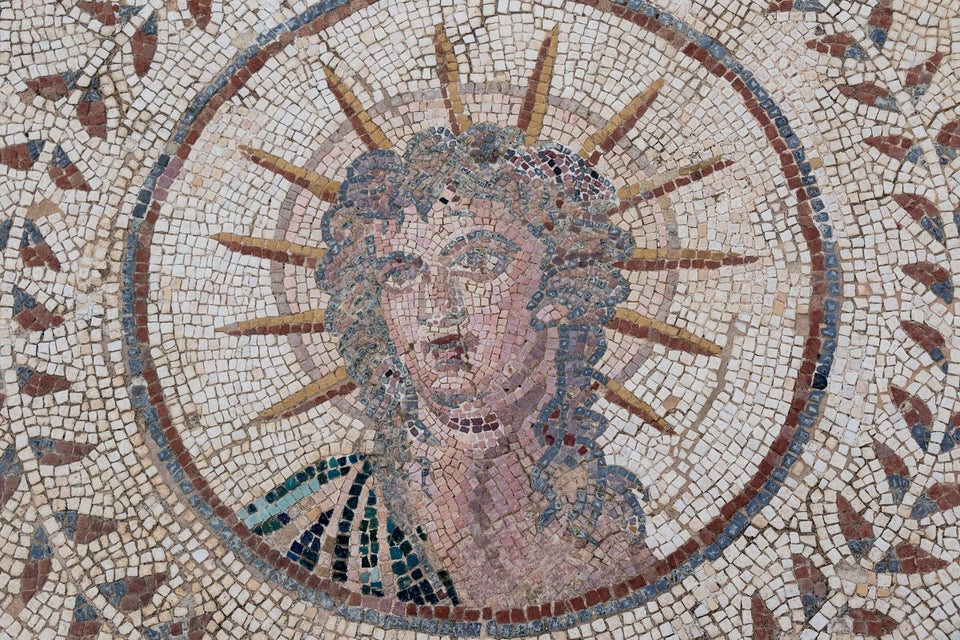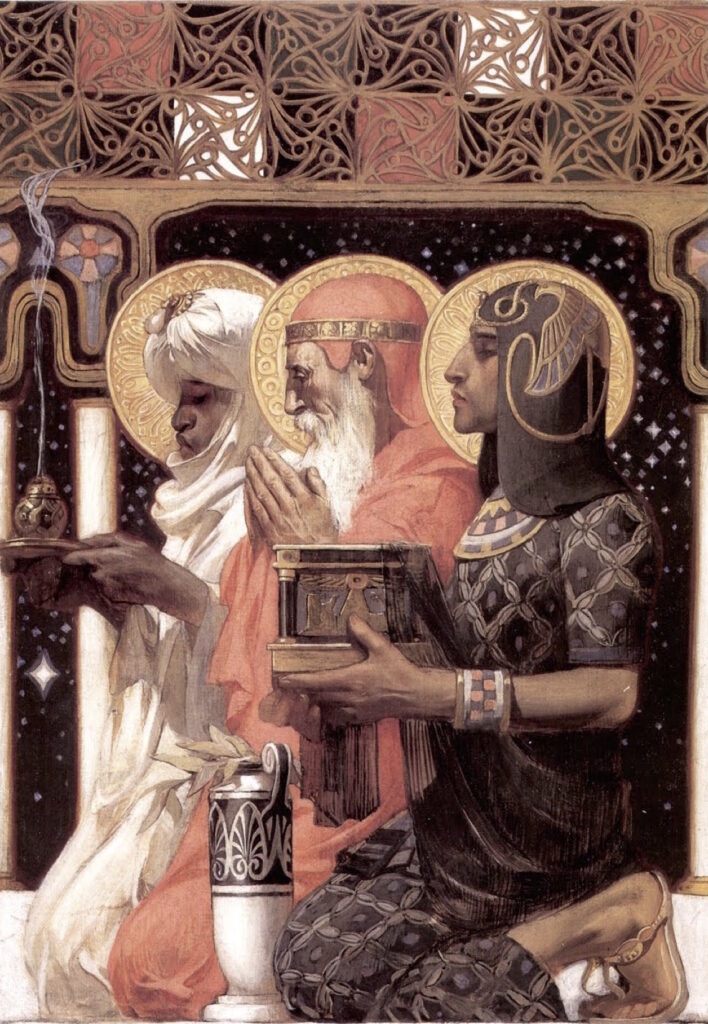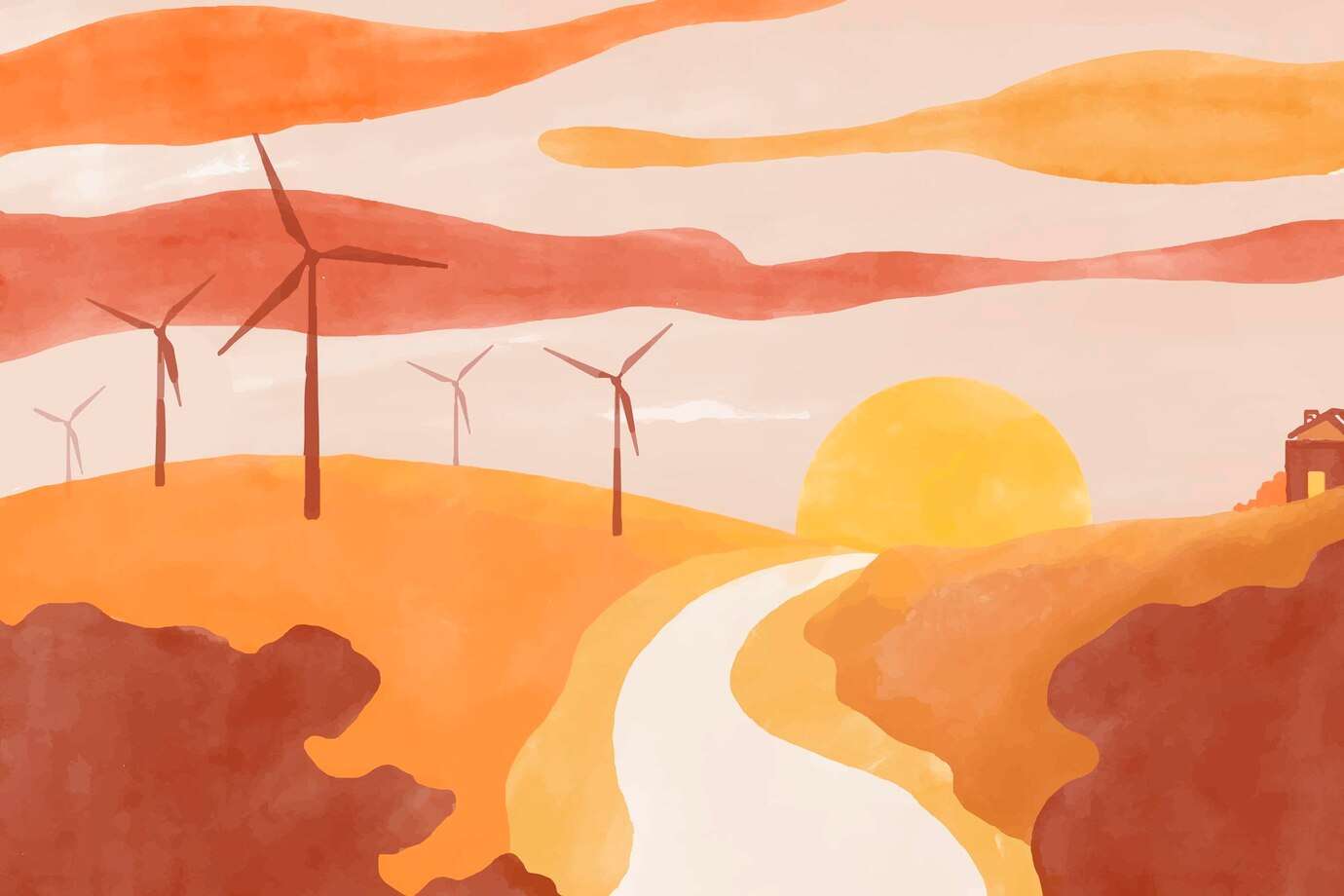Let’s start with the basics, what is Christmas? Christmas is the celebration of the birth of Christ. Started out as a religious holiday but is now celebrated all around the world, regardless of religion by surprising loved ones and having a beautifully decorated Christmas tree. It is also a national holiday in many countries. In most places, these take place on Christmas Day, the 25th of December.
Everyone seems pretty settled on the date of Jesus’s birth. However, the Bible has no exact date mentioned. And it was not needed at first, as Christmas was not a thing until the 4th century. The early church chose December 25th and celebrated the first recorded Christmas in 336 AD. Until then the commonly accepted idea was that Jesus was born on January 6th. So why did they put it on the date we all know so well?
There are two main theories of why it ended up being December 25th. The First one is the calculation theory. It was a traditional Jewish belief that great men died on the same day as they were born. Jesus was believed to die on March 25th so the date of his conception was put on the 25th too. Add 9 months to that and you get the 25th of December. However, there are some counterarguments to that. If one looks at the story of the birth of Jesus, one would find elements that do not fit the middle of winter. Shepherds out in the fields, newly born sheep and cows. All pointing at an early spring date. And this is where the second theory comes in.
The second theory says that the date of Christmas was chosen to be on the same day as the winter solstice. The winter solstice is the shortest day of the year and the longest night. On this day Romans celebrated the Day of the Sun God, Sol Invictus. Some say that the reason the winter solstice was chosen is Jesus’s association with the Sun. In the Bible, he is referred to multiple times as the “Sun of righteousness”. But the more prominent idea is that the church chose a pagan holiday on purpose. This would encourage pagans to convert to Christianity, creating a sense of familiarity with having a holiday on the usual date.

Nonetheless, one decision was not enough to set the date in stone. Over the centuries many cultures had diverted from it. For example, the Eastern Christian Church kept to the Julian calendar so their Christmas falls on January 7th. And they are not the only ones. We have multiple modern cultures celebrating in January. Armenia celebrates on January 6th, sticking to the original date of Epiphany. Another example is Ethiopia where they have a huge musical celebration on January 7th. As part of the festivities, they play a game called Gena, which they claim the shepherds played the same night Jesus was born.
Of course, there are cultures with more subtle differences. Many countries celebrate on the 24th of December, known as Christmas Eve. Just as in Hungary many other Eastern and Middle European countries celebrate with close family on the 24th, including Germany, Switzerland, Ukraine, Poland, Slovakia, Slovenia, Czechia and Austria. In many of these countries, midnight mass on Christmas Eve plays an important role. Traditionally, in Portugal, the gift exchange is strictly after the family returns from the midnight mass. If we want an example outside of Europe, we can look at Colombia. There they stay up till midnight and open presents after the clock strikes. The parties go until sunrise on Christmas Day.
Each country and culture are different. And within those, every household and family are too. Some people might celebrate on the 24th or the 25th, while some might not care at all. It is always interesting to look behind the things we are used to. So, no matter who brings you the Christmas spirit; Father Christmas, Santa Claus or the Baby Jesus, have a merry Christmas and happy holiday!





